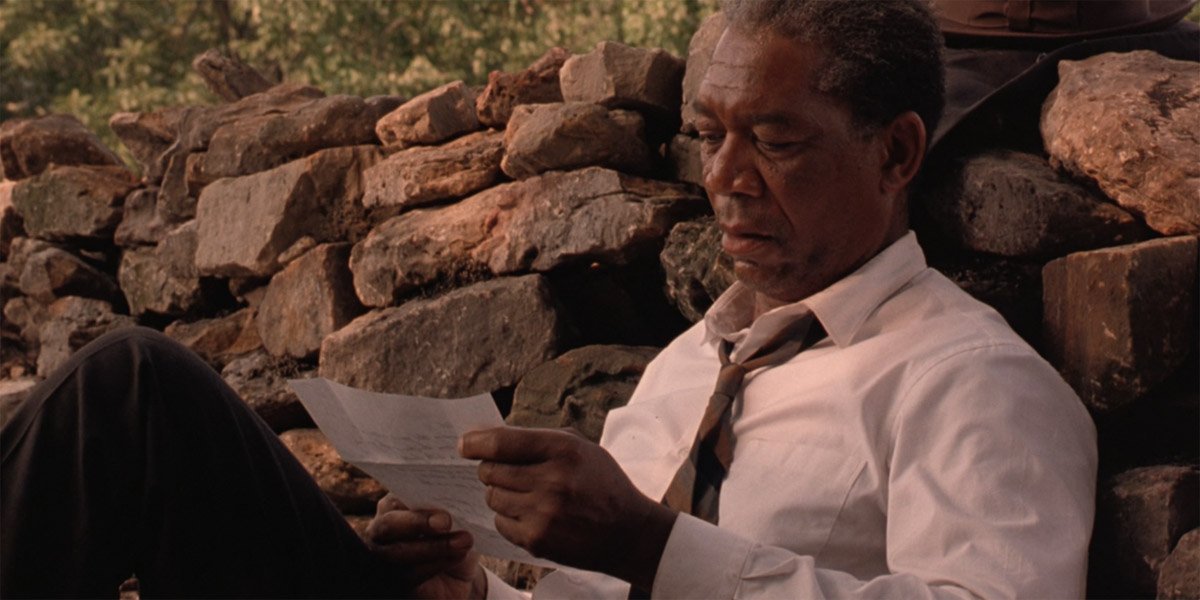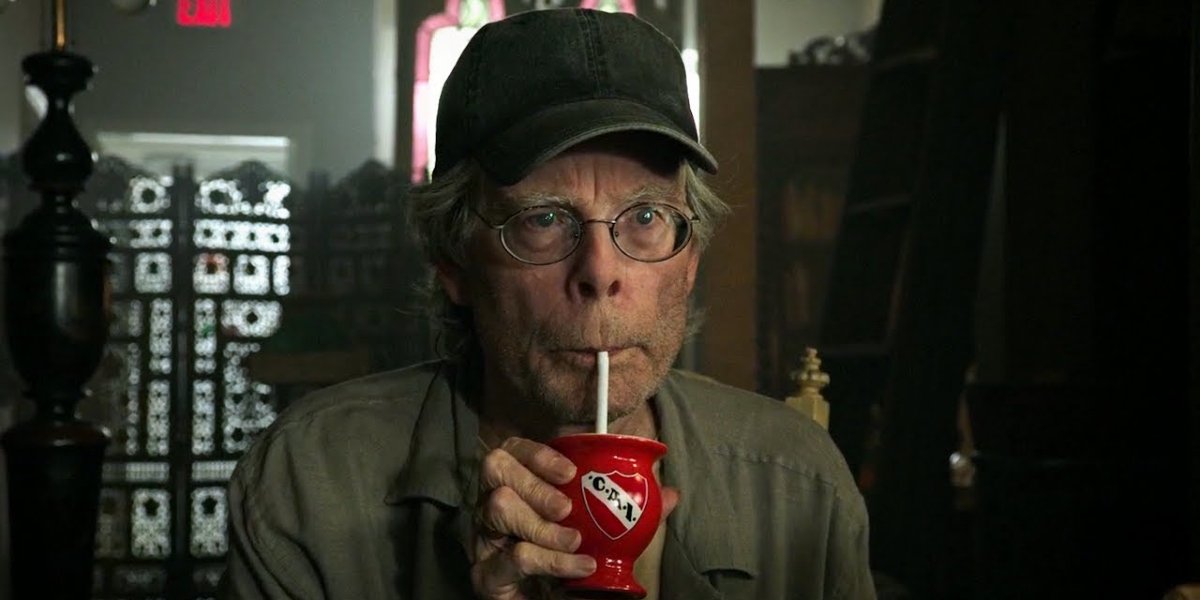Stephen King Tells A Great Story About Shawshank Redemption, And How He Can't Convince People He Writes More Than Horror

Stephen King is recognized around the world as a master of the horror genre, and while any fan will tell you that his novels and short stories are about far more than just monsters and gore, people have a habit of often painting him with a broad brush. His reputation for scaring readers can sometimes lead to people being ignorant of the depth in his work, and even dismiss the idea that he has written books that are positive and optimistic. King himself recently highlighted a perfect example of this, as he encountered an individual who wouldn’t believe that it was his work that served as source material for Frank Darabont’s The Shawshank Redemption.
Currently promoting his new novel, Later, Stephen King was recently a guest on the BBC news show HARDtalk, and host Stephen Sackur at one point asked the author if he now feels the need to “push the envelope” in his writing given the availability of horrific material all over the internet. Dismissing the idea, King explained that the horror in his books has never really stemmed directly from scenes of violence and blood, and told a story highlighting some people’s inability to see him as anything other than “that guy.” He said,
I was in a supermarket down here in Florida, and I came around the corner and there was a woman coming the other way. She pointed at me, she said, ‘I know who you are! You’re Stephen King! You write all of those horrible things. And that’s ok. That’s alright. But I like uplifting things, like that movie Shawshank Redemption.’ And I said, ‘I wrote that!’ And she said, ‘No you didn’t. No you didn’t.’
Of course, Stephen King did in fact write the novella that The Shawshank Redemption is based on – titled “Rita Hayworth And Shawshank Redemption,” and included in the 1982 collection Different Seasons. That book also includes “The Body,” which was turned into the Rob Reiner movie Stand By Me, and it’s funny because it’s pretty easy to imagine the same woman the author encountered also refusing to believe that his work inspired that coming-of-age classic.
There is no denying that Stephen King is responsible for some of the most iconic horrific moments in literature – from Carrie White using her telekinetic powers to kill her classmates in Carrie, or Pennywise haunting the members of The Losers Club in IT – but what makes those scenes more memorable than the descriptions of carnage and terrors is the way readers feel about the author’s characters. Each book that King writes invites you into the life of its protagonists and gets you emotionally invested in their circumstances, and that way when things go terribly, terribly wrong you fully empathize with them and feel their fear. He explained,
I’m not interested in horror, per se. I’m interested in what people do. What I would like for readers, for you, Stephen [Sackur], to feel when they read one of my books, is I would like you to fall in love with the characters and want the best in the world for them. In other words, yes, I’m a horror writer, I won’t disagree with that, but I really want to do is to engage your positive emotions as much as I can so when terrible things happen you don’t want to see somebody’s head come off. I think that in a way the Friday The 13th movies were almost like snuff movies; you didn’t go to see the campers at Crystal Lake get away. You wanted to see them killed with arrows and buzz saws and chainsaws, and god knows what.
That perspective on the Friday The 13th franchise is definitely one that I am personally in full alignment with, and, frankly, that series of movies would be benefitted greatly by expanding on an idea that Stephen King personally pitched last summer.
Horror is always better if it’s not one dimensional, and that’s something that Stephen King fully understands – even if some random lady he encountered in a Florida supermarket doesn’t believe him when he says so.
Your Daily Blend of Entertainment News

Eric Eisenberg is the Assistant Managing Editor at CinemaBlend. After graduating Boston University and earning a bachelor’s degree in journalism, he took a part-time job as a staff writer for CinemaBlend, and after six months was offered the opportunity to move to Los Angeles and take on a newly created West Coast Editor position. Over a decade later, he's continuing to advance his interests and expertise. In addition to conducting filmmaker interviews and contributing to the news and feature content of the site, Eric also oversees the Movie Reviews section, writes the the weekend box office report (published Sundays), and is the site's resident Stephen King expert. He has two King-related columns.

